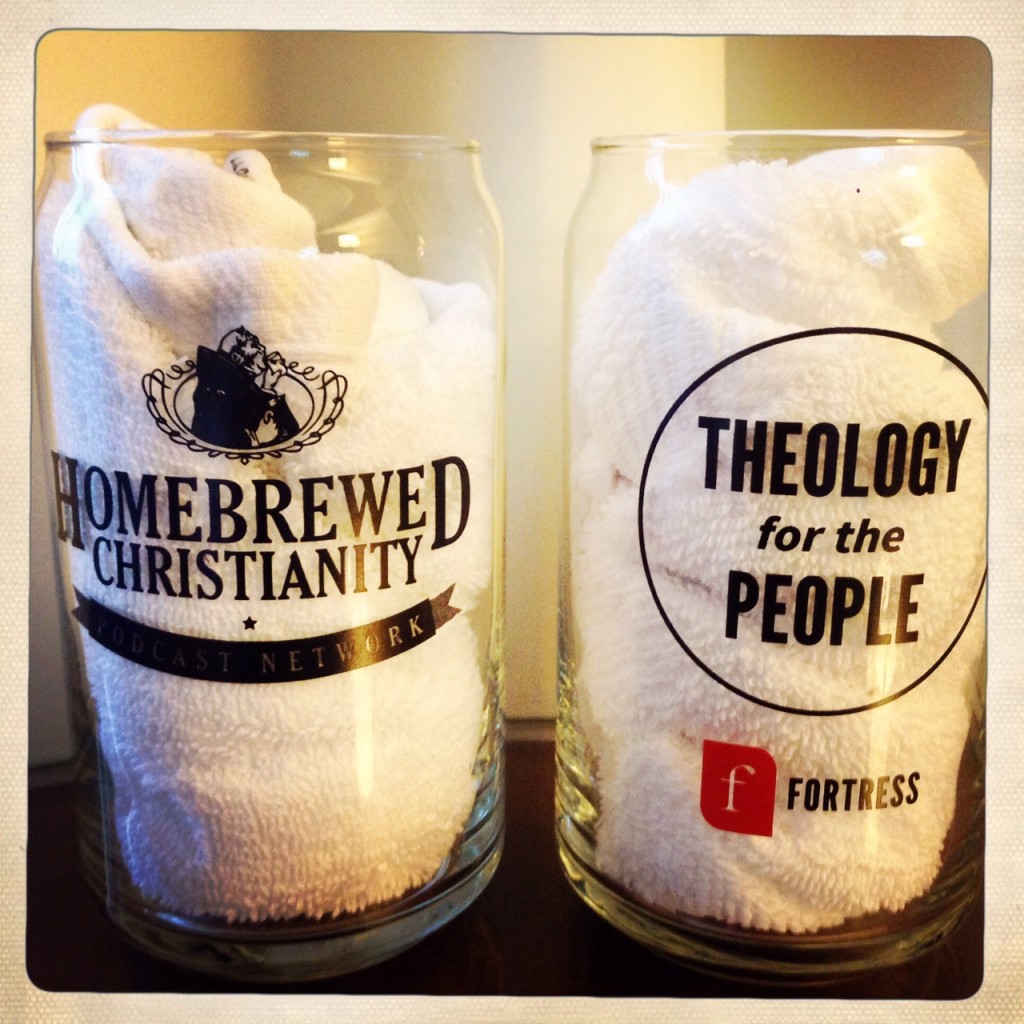Short answer: I asked.
Longer answer:
In November, I started thinking about Christmas. Not what I would get, or what I would give. Instead, I was listening to all of the reports about iPads and Kindles that were going to be sold over the holidays. Combine that with millions of dollars given on Amazon gift cards, and I thought: There are going to be a lot of ebooks sold in the two weeks after Christmas!
So I composed an email and sent it to every publisher with whom I’ve had a book in the past. I asked them if they’d be willing to drop the price of my ebooks in to $.99 for one week, starting on Christmas. All but one did, but it took some coaxing. As a result, we (Doug Pagitt and I) sold a bunch of books.
Here are my tips, based on this experience:
Don’t worry about the money. When you’re ebook is being sold for $.99, you make $.35. That’s if it’s self-published. If it’s published by a traditional publishing house, you probably make $.01 or $.02. So, promotions like this are not about making money. It’s about getting your book in people’s hands getting your ebook on people’s Kindles.
Be nice to your publisher(s). I haven’t written a book for Zondervan or NavPress in years — the fact is, neither would likely publish something by me today — but I’ve stayed in cordial contact with them. I hear lots of authors complain about their publishers — about the lack of marketing they’ve gotten, about this and that — but that’s a bad strategy. Even if you move to a new publisher, your former publishers will keep selling your book as long as it’s in print. It doesn’t do you any good to burn bridges. Be nice.
Partner with someone. By teaming with another author (Doug) on this, I gave even more incentive for the publishers — more books for them to discount, and double the social media platform. Doug and I partner on about 50% of our worklives, and I cannot overstate the power of this. If you’re going at everything alone in your life, consider teaming up with someone with whom you have an affinity and with whom your platform already overlaps.
Build your platform. I used a carrot, not a stick, when I approached these publishers. I told them exactly how big our email list is, how large our platforms are on Twitter, Facebook, Google+, blog, radio show, YouTube, etc. Doug and I have been very deliberate about building our email list and our social media platforms since 2007. By 2011, we were able to leverage these with our publishing partners.
Focus on backlist. It’s doubtful that a publisher will drop the price of a recent release to $.99, especially one that’s selling well. But books on their backlist don’t sell many copies per year, and they don’t get much attention. Say a book is listed for the Kindle at $8, and the publisher is selling ten copies per month. If they drop the price to $1 for a week-long promotion and sell 200 copies, they’ve just made more in a week than they usually do in a month. And, most importantly, if it’s an ebook it hasn’t cost them anything, no paper, no ink; it was edited and marketed years ago; every dollar they make on your ebook is gravy.
Explain Amazon. Remind publishers that when someone buys one of your books for $.99, Amazon gets smarter about that consumer. Chances are, Amazon is going to start recommending other books by that publisher — full-price books — to that reader. Sales are sticky on Amazon, so even a $.99-sale that nets only pennies for the publisher will develop a connection between that reader’s Amazon account and that publisher’s other titles.
Push it. It’s always tricky using social media platforms to promote yourself — it can be a violation of people’s trust, particularly if you do it too much. The benefit of a week-long promotion is that everyone knows it will end soon, making them more likely to forgive you and not report you as a spammer.
Track sales. Embed your Amazon Associates code in every link so that you get numbers on the books sold. Plus, that’s a couple extra cents per sale!
Report back. Get back to the publishers after the promotion; thank them, and let them know some rough numbers about how many books sold (at least through your Associates account, which is all you can really track).
As I said to the publishers in my initial query to them, the days when authors left the marketing and sales of books to publishers and bookstores is long gone. These days, we’ve got to work together. And, in fact, competing publishers even need to partner on occasion. Looking back on our sales promotion, I deem it a great success.
And, thanks to all of you who picked up a Pagitt or Jones ebook!












